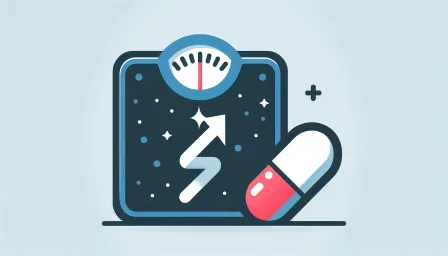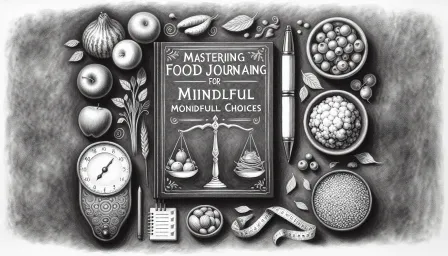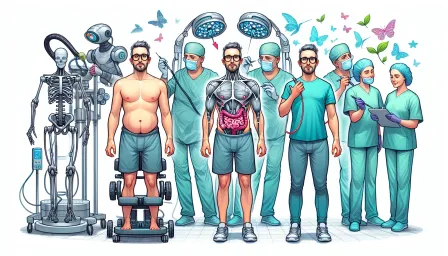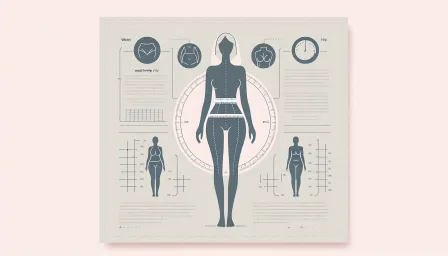The Ultimate Vegan Diet for Beginners: Easy Steps to Get Started

Discover the ultimate guide to getting started with a vegan diet for beginners. Learn easy and practical steps for making the transition smoothly.
Embarking on a new diet can be overwhelming, especially when transitioning to a vegan lifestyle. However, with a clear plan and the right information, the journey can be seamless and rewarding. This comprehensive guide will provide you with everything you need to know about starting a vegan diet for beginners, ensuring you make informed choices and enjoy the process.
What is a Vegan Diet?
A vegan diet is a way of eating that excludes all animal products, including meat, dairy, eggs, and honey. Instead, it focuses on plant-based foods such as fruits, vegetables, grains, nuts, and seeds. This diet not only supports animal rights but also promotes overall health and environmental sustainability.
Why Consider a Vegan Diet?
Health Benefits
Adopting a vegan diet can offer numerous health benefits. These include lower risks of heart disease, hypertension, type 2 diabetes, and certain types of cancer. A vegan diet is typically lower in saturated fats and cholesterol and is rich in essential nutrients like fiber, vitamins, and antioxidants.
Environmental Impact
Animal agriculture significantly contributes to global greenhouse gas emissions, deforestation, and water pollution. By choosing a vegan diet, you can reduce your carbon footprint and support more sustainable food production practices.
Ethical Considerations
Many people choose a vegan diet to align with their ethical beliefs regarding animal rights. Avoiding animal products helps reduce animal suffering and exploitation in the food industry.
How to Get Started with a Vegan Diet
1. Educate Yourself
Begin by researching and learning about the vegan lifestyle. There are numerous books, documentaries, and websites dedicated to veganism that provide valuable information. Understanding the reasons behind a vegan diet can strengthen your commitment and motivation.
2. Plan Your Meals
Meal planning is essential for a successful transition to a vegan diet. Start by identifying vegan recipes that appeal to you and create a weekly meal plan. Ensure that your meals are balanced and include a variety of nutrients to maintain good health.
3. Stock Your Pantry
Transforming your pantry into a vegan-friendly space is crucial. Stock up on staples such as beans, lentils, whole grains, nuts, seeds, and a variety of fruits and vegetables. Having these items on hand makes it easier to prepare nutritious vegan meals.
4. Find Vegan Alternatives
There are plant-based alternatives to virtually every animal product available today. Milk, cheese, yogurt, meat substitutes, and even desserts have vegan versions. Experiment with different brands to find your favorites and gradually replace animal products with their vegan counterparts.
5. Take It Slow
Making a sudden shift to a vegan diet can be overwhelming. Consider transitioning gradually by incorporating more plant-based meals into your diet over time. This approach allows your taste buds to adjust and makes the process more manageable.
6. Join a Community
Connecting with other vegans can provide support and encouragement. Online forums, social media groups, and local vegan meetups are great places to share experiences, recipes, and advice. Having a supportive community can make your transition smoother and more enjoyable.
Essential Nutrients to Watch For
While a vegan diet can be nutritionally adequate, it's important to pay attention to certain nutrients that are commonly found in animal products. Here are some key nutrients to monitor:
Protein
Protein is essential for muscle repair and growth. Plant-based sources of protein include beans, lentils, tofu, tempeh, seitan, and quinoa. Ensure you include these foods in your meals to meet your protein needs.
Vitamin B12
Vitamin B12 is crucial for nerve function and red blood cell production. Since it is primarily found in animal products, vegans should consider fortified foods or supplements to maintain adequate B12 levels.
Iron
Iron is important for oxygen transportation in the blood. Plant-based sources of iron include lentils, chickpeas, spinach, and fortified cereals. Consuming vitamin C-rich foods alongside iron-rich foods can enhance iron absorption.
Calcium
Calcium is vital for bone health. Good sources of plant-based calcium include fortified plant milks, tofu, almonds, chia seeds, and leafy green vegetables. Ensure you consume sufficient calcium to support bone strength.
Omega-3 Fatty Acids
Omega-3 fatty acids are important for brain health and reducing inflammation. Sources include flaxseeds, chia seeds, hemp seeds, and walnuts. Consider an algae-based omega-3 supplement if needed.
Overcoming Common Challenges
Navigating Social Situations
Eating out or attending social gatherings can be challenging when you're following a vegan diet. To navigate these situations, research vegan-friendly restaurants in advance, inform hosts of your dietary preferences, or offer to bring a vegan dish to share.
Dealing with Cravings
Cravings for non-vegan foods are common, especially in the early stages of transitioning. To manage cravings, find satisfying vegan alternatives and keep healthy snacks on hand. Remember your reasons for choosing a vegan lifestyle to help stay motivated.
Ensuring Nutritional Adequacy
To ensure you're getting all the necessary nutrients on a vegan diet, consider consulting with a registered dietitian. They can provide personalized advice and help you create a balanced meal plan that meets your nutritional needs.
Conclusion
Transitioning to a vegan diet can be a rewarding and life-changing experience. By educating yourself, planning your meals, and paying attention to essential nutrients, you can successfully adopt a vegan lifestyle. Remember to take it slow, seek support, and embrace the journey. With these steps, you'll be well on your way to enjoying the many benefits a vegan diet for beginners has to offer.



























